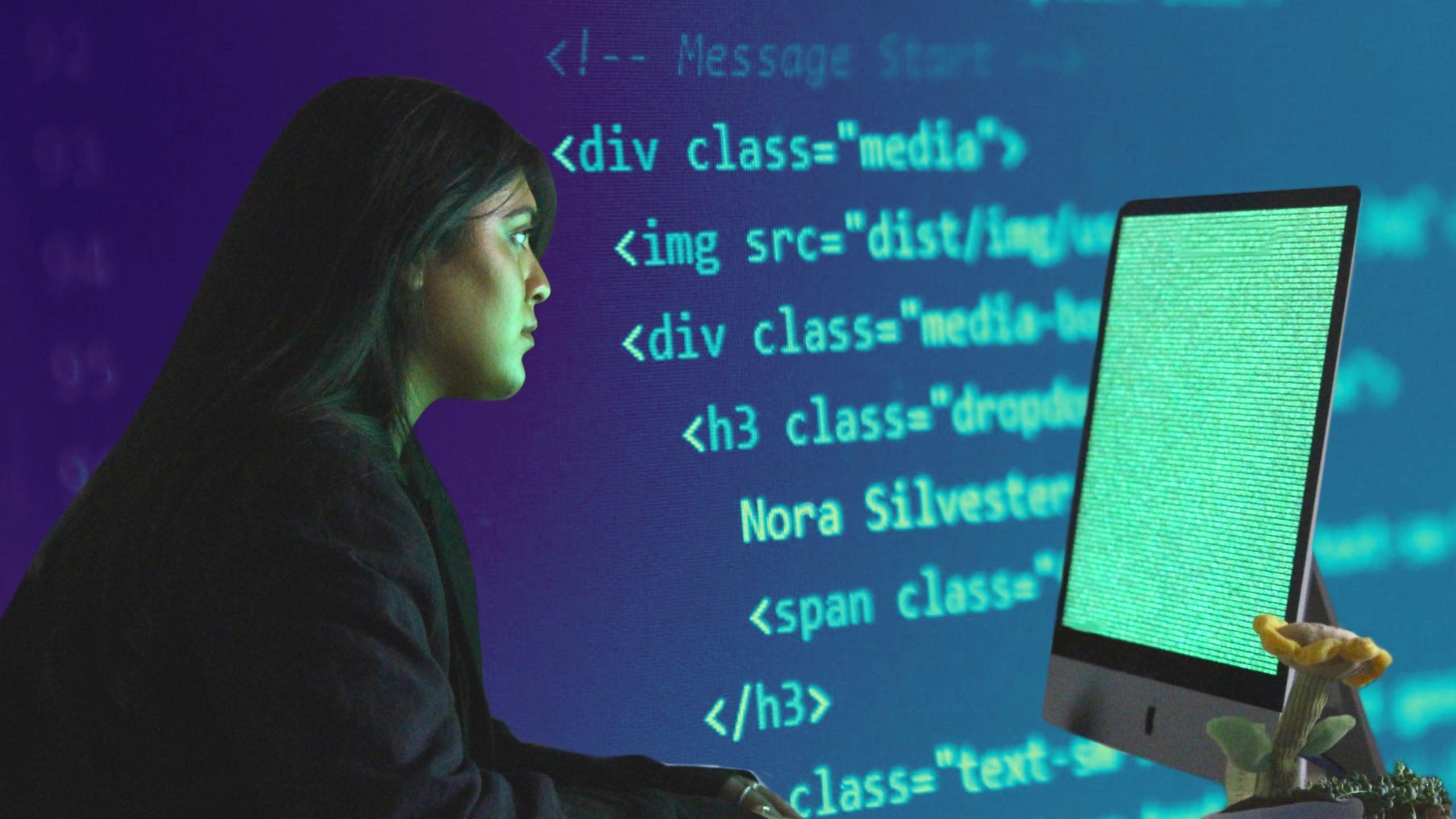By Bashair Ali
The university’s cybersecurity training centre, Rogers Cybersecure Catalyst, launched CyberStart Canada in September—a youth-focused initiative that works to educate high school girls and non-binary students on cyber knowledge and safety.
With financial support from Public Safety Canada’s Cyber Security Cooperation Program and SANS Institute, CyberStart Canada equips young women and non-binary students with a better understanding of security awareness through gamification, which means adding game-like elements into the learning experience. The goal of the program is to open doors in cybersecurity employment for them and close the gender gap in the cybersecurity field.
The games mostly consist of the user role-playing as a spy and looking for clues, which implements critical thinking and the learning technique of reverse engineering. Participants do not need to have a background in cyber concepts or terminology to play. As what CyberStart’s website calls a user-friendly, welcoming environment, the program aims to introduce its users to cybersecurity in an engaging, safe and educational way.
“[CyberStart Canada] really creates the opportunity to engage with the content in a fun way that isn’t intimidating and overwhelming,” said Kathryn Maksym, a project manager at CyberStart Canada. “The important thing for us was to start the talent pipeline earlier to support career trajectory.”
Naureen Kaur, a fourth-year computer engineering student, believes it is important to teach cyber knowledge to younger generations because of their increased exposure to the internet.
“I didn’t really go on the internet until I was 10, 11 years old but I know that’s not the case for kids now,” said Kaur. Kaur added that the internet can be a great resource for knowledge, but it can also be unsafe for people who are unaware of proper security measures. “Making sure that [users] know how to protect themselves or their identity online is super important because it’ll keep them safe.”
“You need to have representation of different backgrounds, education, even cultural backgrounds because that brings the uniqueness in problem-solving”
Rushmi Hasham, the director of the Accelerated Cybersecurity Training Program—another program created by the Rogers Cybersecure Catalyst—said that many of the characters within the game are women and non-binary people. She explains that this allows participants to see themselves reflected in the game.
“You need to have representation of different backgrounds, education, even cultural backgrounds because that brings the uniqueness in problem-solving,” she said.
Navigating social engineering and social safety features is also common amongst the games to teach individuals to be aware of their online actions and make smart decisions. Users are trained to second-guess information or disclaimers before accepting all cookies or agreeing to terms and conditions. Maksym added that the program prioritizes users’ awareness of their online presence, data and hacker behaviour recognition.
Throughout the next year, CyberStart Canada plans to engage 700 girls and non-binary students from Ontario, Alberta and British Columbia, before expanding to other provinces, the organization said in a press release.













Leave a Reply